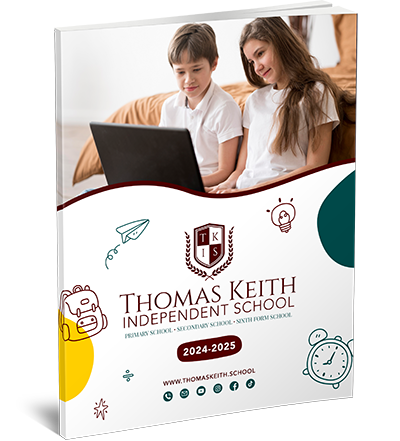So what is Education for Sustainable Development?
Education for sustainable development enables people to develop the knowledge, values and skills to participate in decisions about the way we do things individually and collectively, both locally and globally, that will improve the quality of life now without damaging the planet for the future.
The National Curriculum, 1999
Government Panel for Sustainable Development Education, 1999
ESD has clear links with a number of curriculum subjects, notably geography, citizenship and science, and many other aspects of the curriculum, for example, literacy, numeracy, thinking skills and key skills.
ESD can be defined in many ways. Teachers have found it useful to think of it in terms of the seven interrelated concepts proposed by the Government Panel for Sustainable Development Education.
INTERDEPENDENCE
understanding the connections and links between all aspects of our lives and those of other people and places at a local and global level, and that decisions taken in one place will affect what happens elsewhere
CITIZENSHIP AND STEWARDSHIP
recognising that we have rights and responsibilities to participate in decision-making and that everyone should have a say in what happens in the future
NEEDS AND RIGHTS OF FUTURE GENERATIONS
learning how we can lead lives that consider the rights and needs of others, and that what we do now has implications for what life will be like in the future
DIVERSITY
understanding the importance and value of diversity in our lives — culturally, socially, economically and biologically — and that all our lives are impoverished without it
QUALITY OF LIFE
recognising that for any development to be sustainable it must benefit people in an equitable way, it is about improving everybody’s lives
SUSTAINABLE CHANGE
understanding that there is a limit to the way in which the world, particularly the richer countries, can develop and that the consequences of unmanaged and unsustainable growth are increased poverty and hardship, and the degradation of the environment, to the disadvantage of us all
UNCERTAINTY AND PRECAUTION
realising that as we are learning all the time and our actions may have unforeseen consequences we should adopt a cautious approach to the welfare of the planet
Guidance on learning through these key concepts can be found in the Ofsted report Taking the first step forward … towards an education for sustainable development
You can find a professional development activity to develop an understanding of ESD and help to identify where it is already happening in the classroom in the professional development section of the site.




